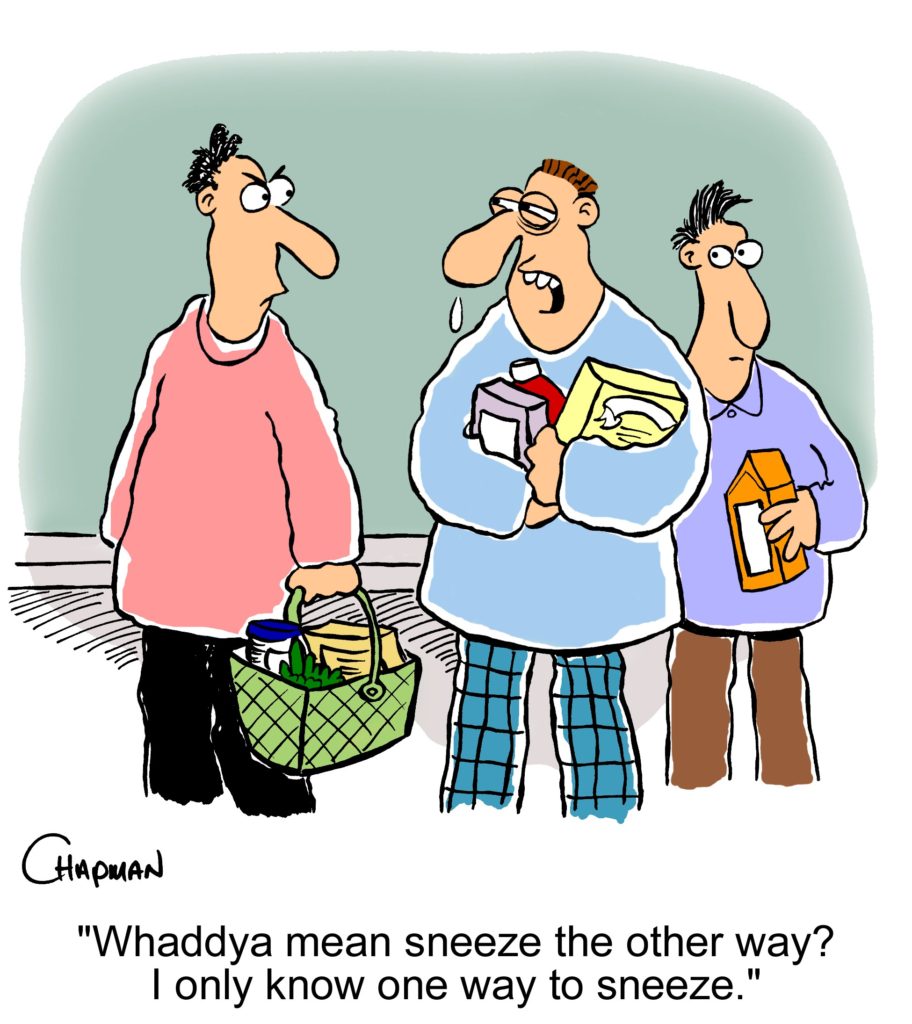 Friends and good manners will carry you where money won’t go. Margaret Walker
Friends and good manners will carry you where money won’t go. Margaret Walker
“Manners are the lubricating oil of an organization. It is a law of nature that two moving bodies in contact with each other create friction. This is as true for human beings as it is for inanimate objects. Manners—simple things like saying “please” and “thank you” and knowing a person’s name or asking after her family—enable two people to work together whether they like each other or not. Bright people, especially bright young people, often do not understand this.” Peter Drucker
You don’t need a certificate from the Emily Post Institute to know what good manners look like.
- Say “please” and “thank you.”
- Don’t talk with food in your mouth.
- Open the door for other people.
- Don’t interrupt people when they are speaking.
- Don’t text at the dinner table.
- Write thank-you notes.
- Don’t eat before everyone is served.
- Only use your phone in appropriate settings.
- Be gracious in entering and exiting a conversation.
Mannerly conduct can preserve the integrity of relationships at home and at work. Good manners make people feel appreciated and respected and show others that you care about them. Manners take the rough edges off social interactions and make it easier for everyone to feel comfortable.
Pier Forni, a professor at Johns Hopkins University in Baltimore, says that manners are like traffic lights for life. “The rules of good manners are the traffic lights of human interaction. They make it so that we don’t crash into one another in everyday behavior.”
When we are unmannerly we appear crude, awkward, self-centered, and entitled.
Your mood should not dictate your manners. Be mannerly regardless of how you feel emotionally. J.D. Salinger wrote, “I am always saying ‘Glad to’ve met you’ to somebody I’m not at all glad I met. If you want to stay alive, you have to say that stuff, though.”
Demonstrate manners; it’s the right thing to do, and you’ll be more successful in life.
[reminder]What are your thoughts about this essay?[/reminder]

I love this simple reminder of things we know ( or perhaps should know if it’s true that bright young people often don’t). I had a dear friend who was dean of students at a university where I worked. He had a series of lectures called “Simple lessons, easy to forget”. Surely good manners fits under this rubric. Thanks for your good work Mr. McMinn.
Charme, thanks for kind and encouraging words. I love that phrase “simple lessons, easy to forget.” Don
Don, enjoyed your “manners” essay. I try to live by the very guidelines you mentioned. I drive for Uber and Lyft (kinda for a hobby) and test these rules on every ride. Greet people by name, ask about their family and ask about their occupation. The BIG challenge is being mannerly when others around you are not. Set the example and “press on.”
Chuck, thanks for sharing your thoughts. You’re right: it’s often difficult to be mannerly when others are being boorish. I suppose that is the big test. Take care, Don
Good article! Spot on.
Thanks, Joel, for kind words. Don